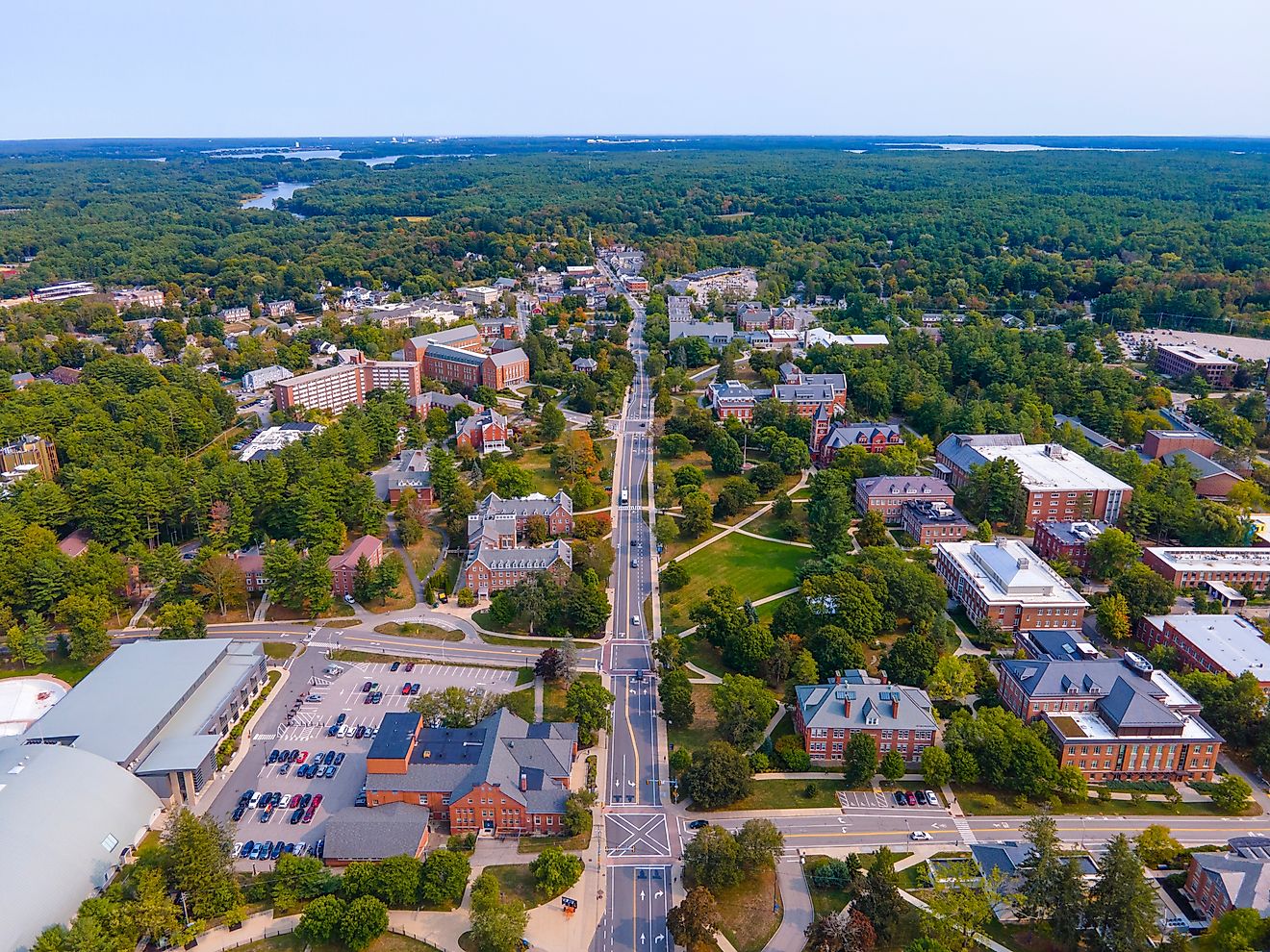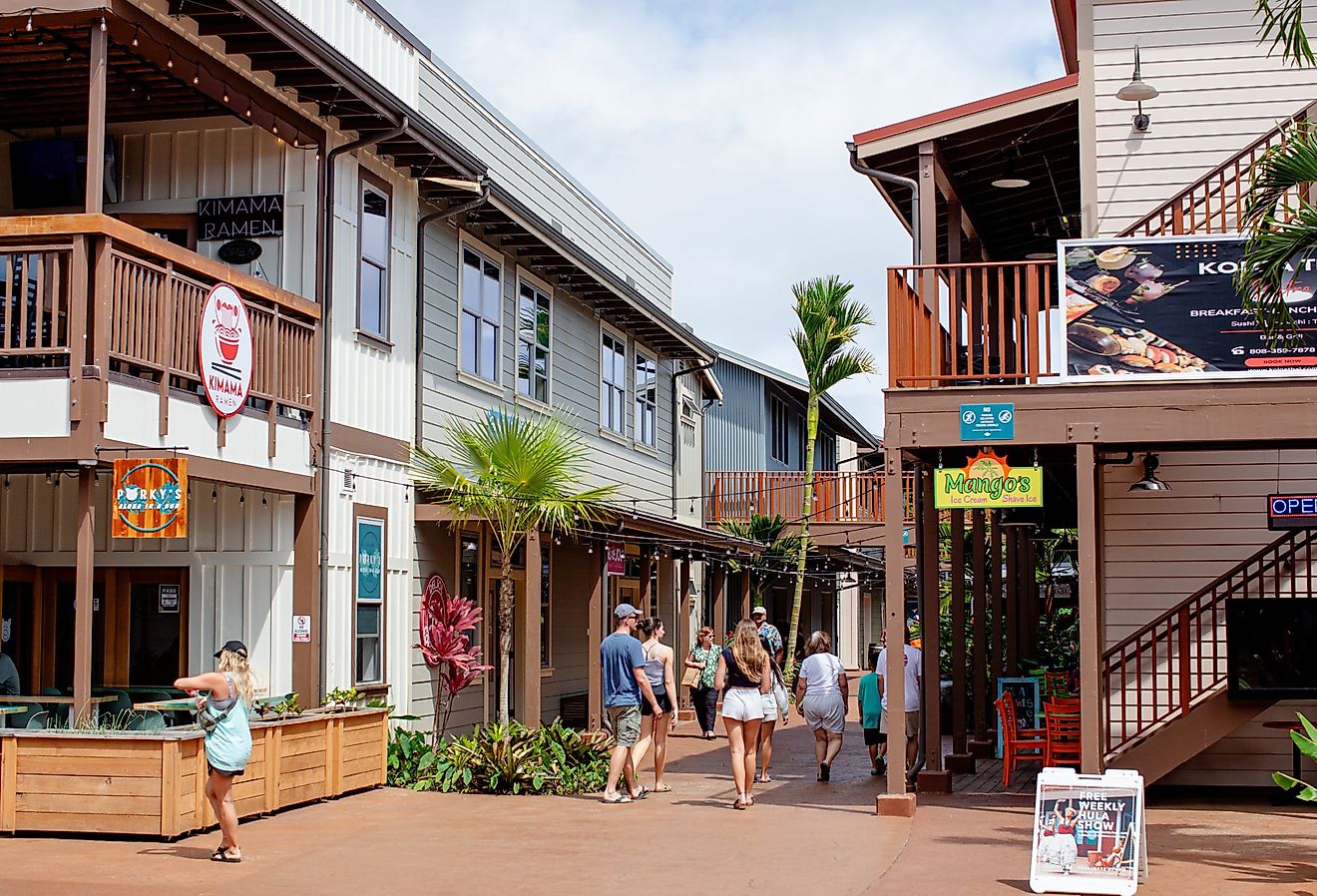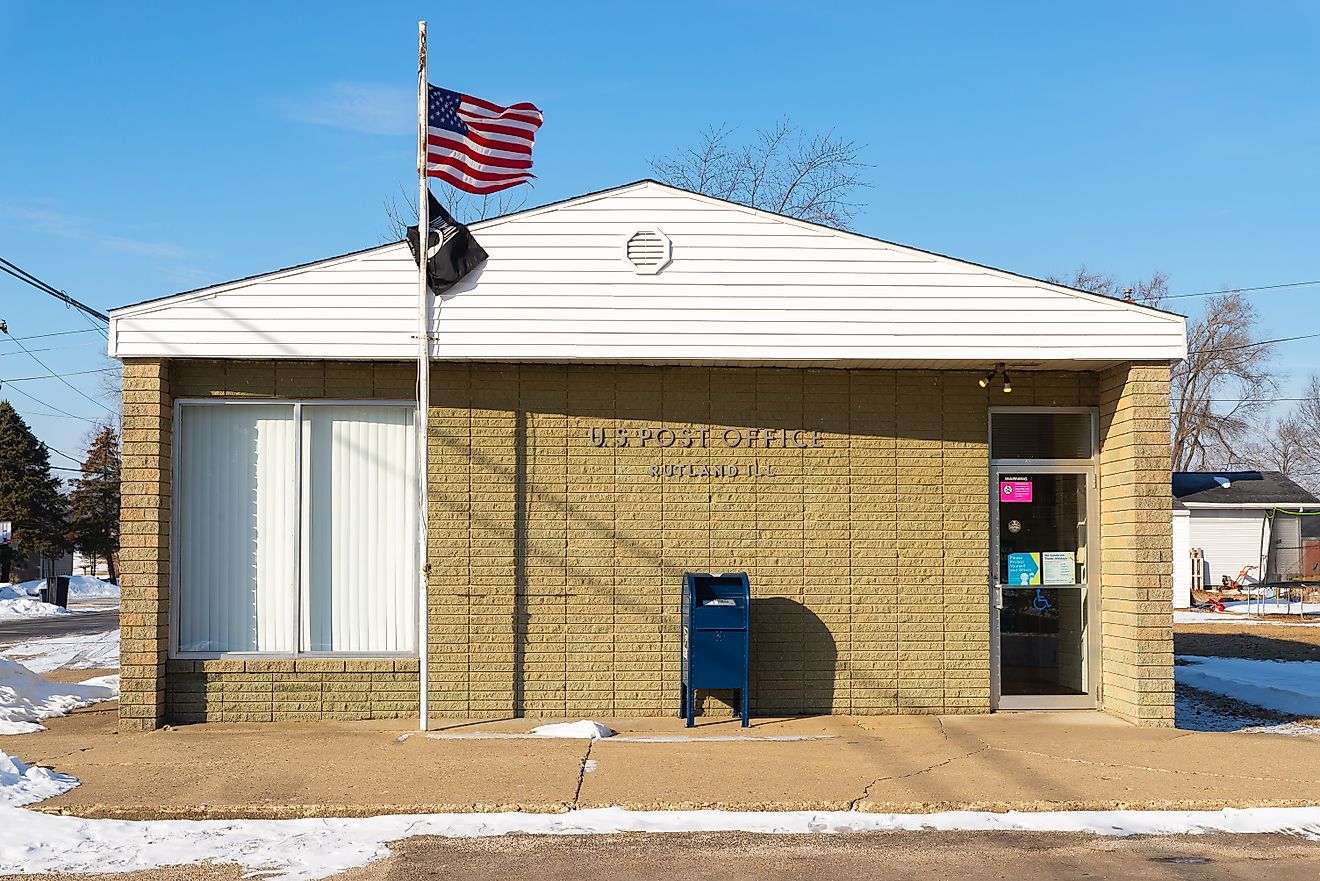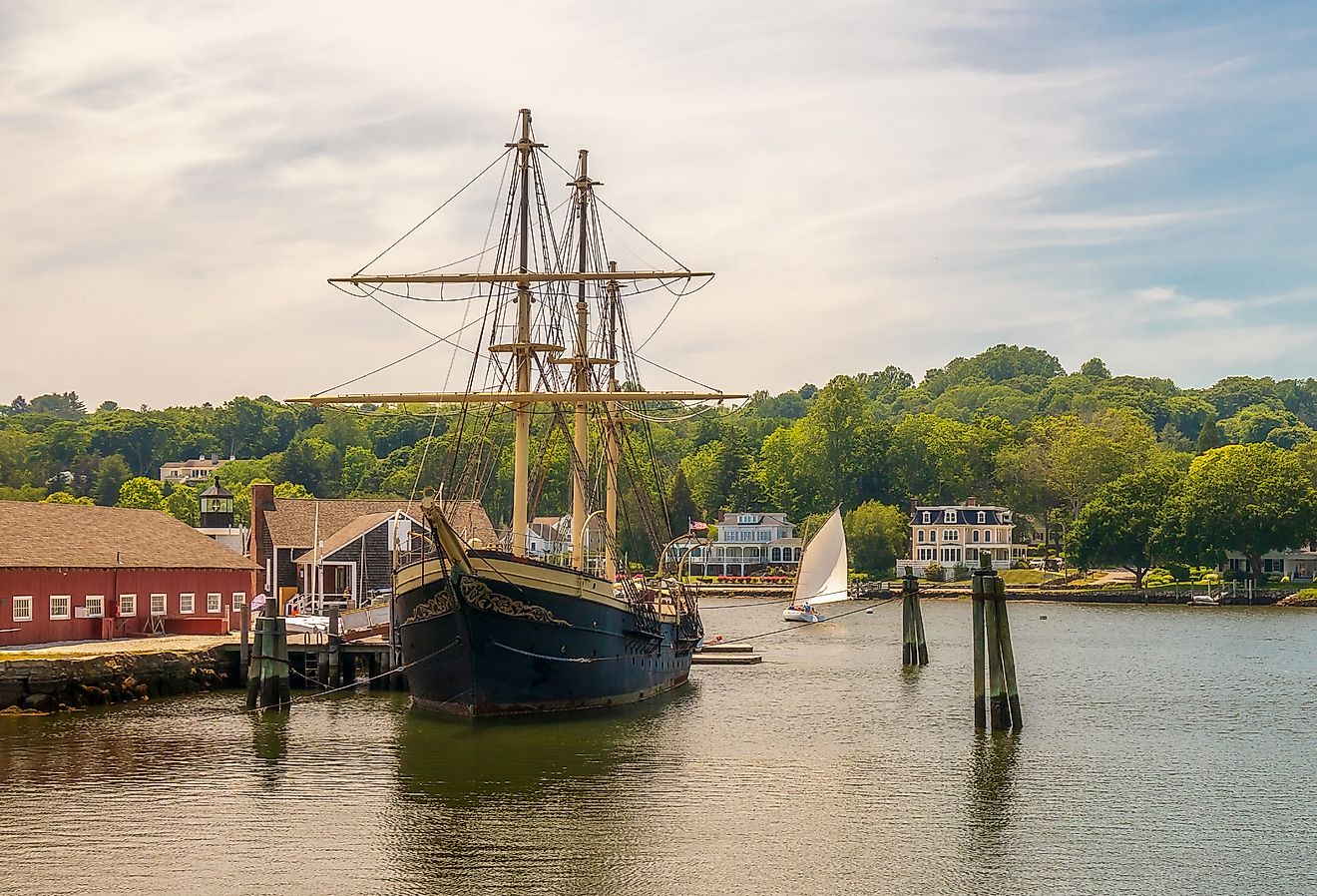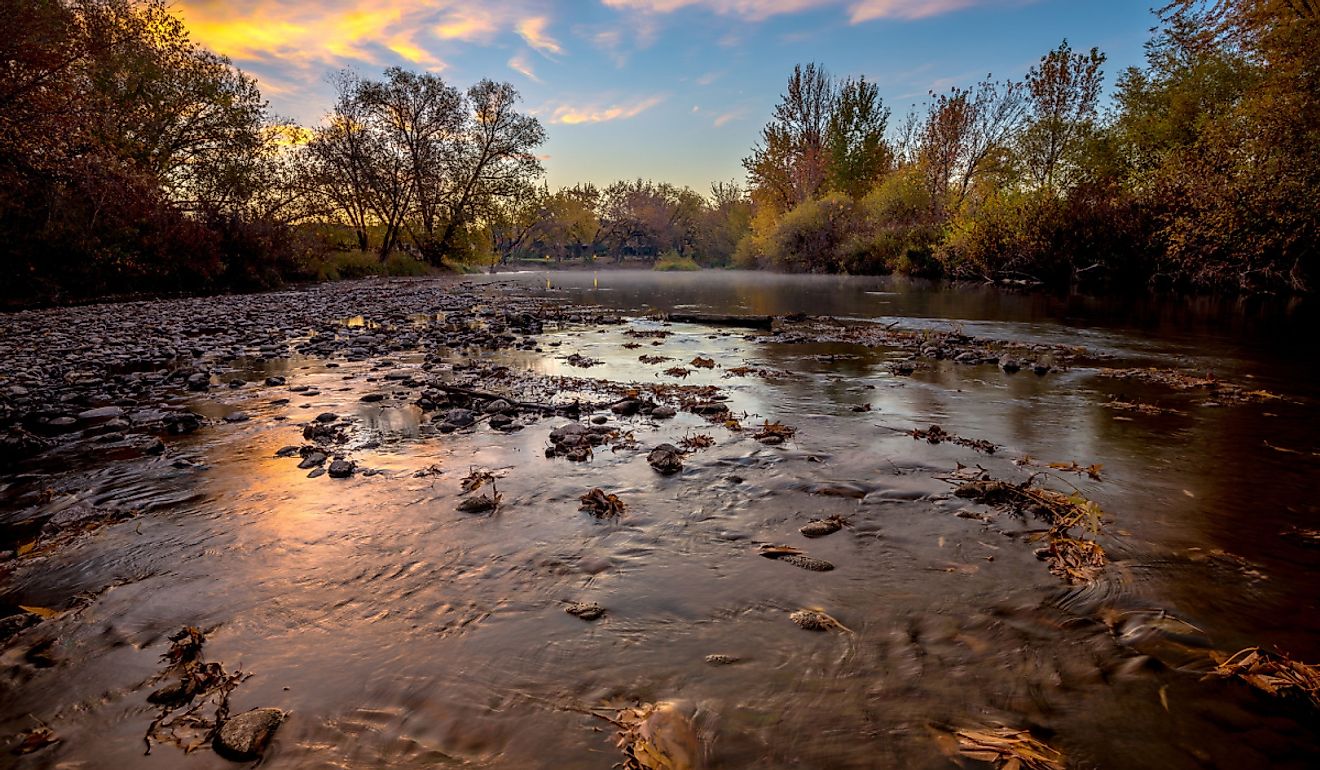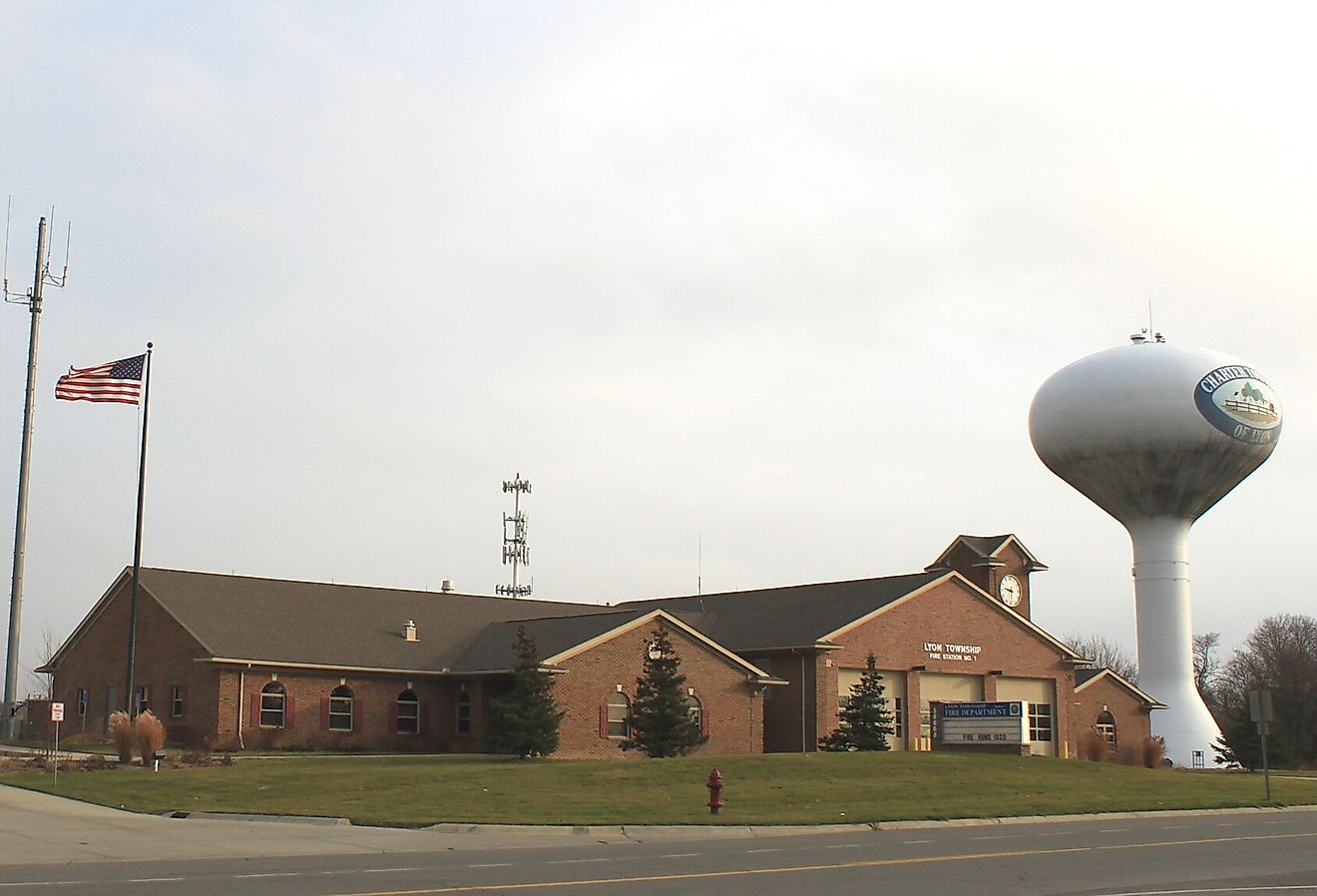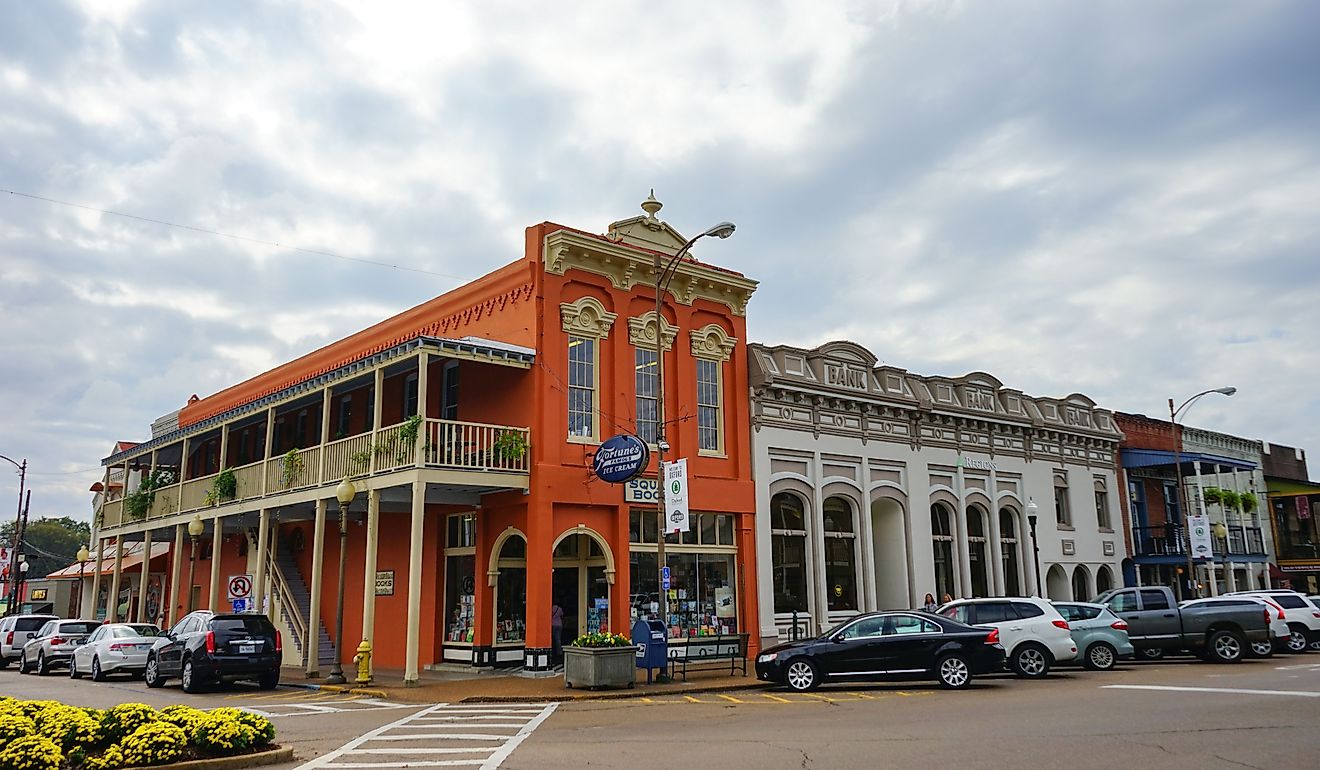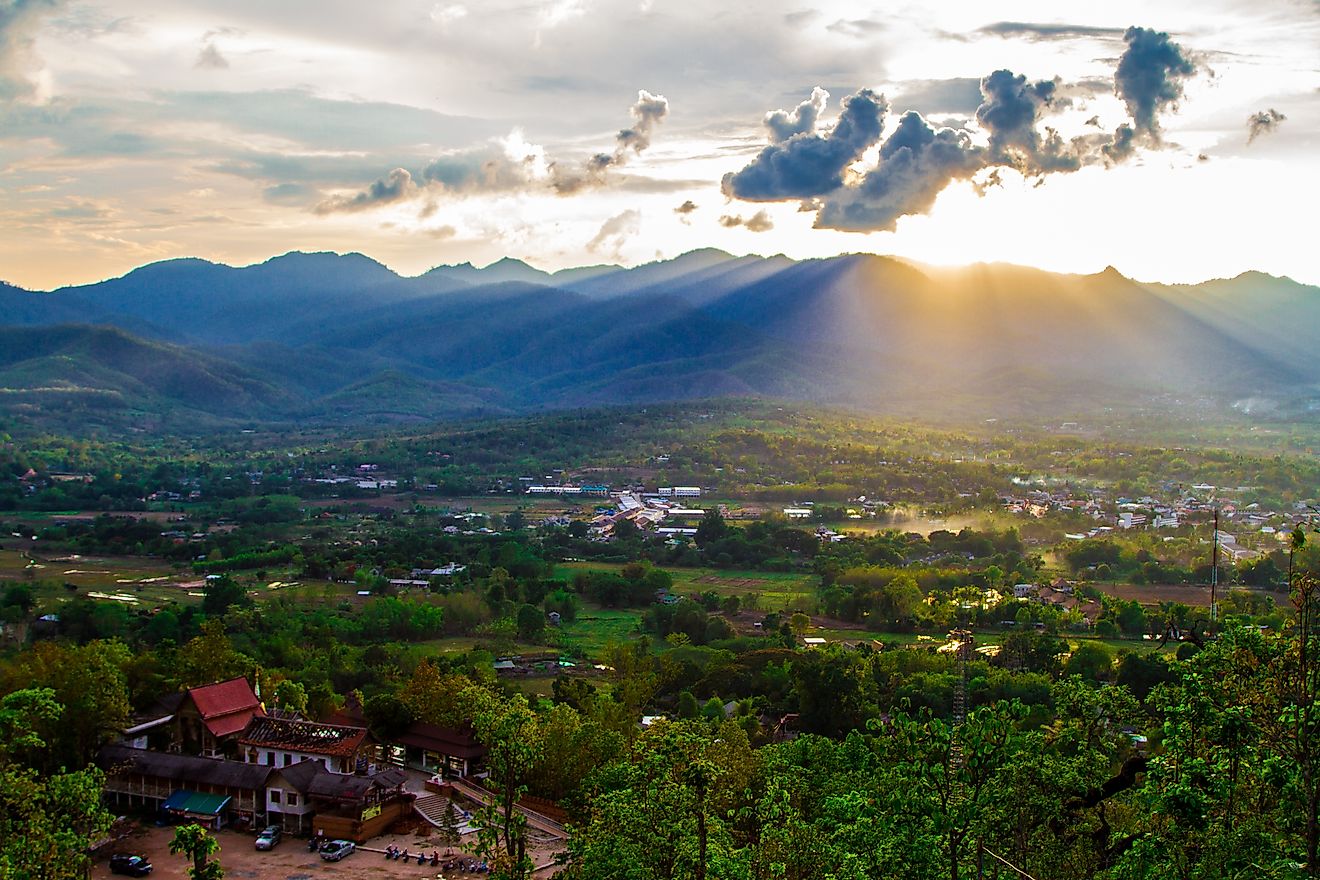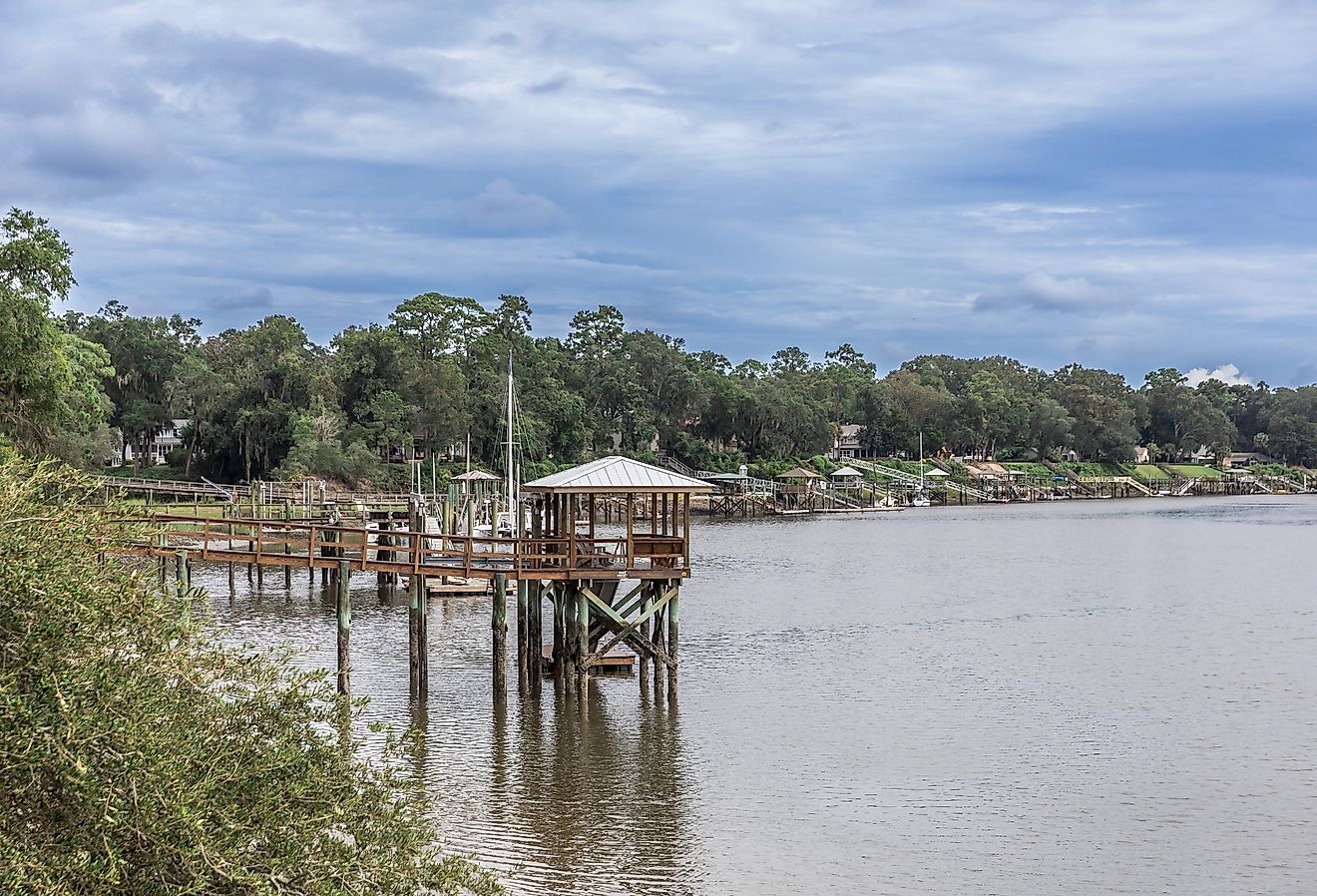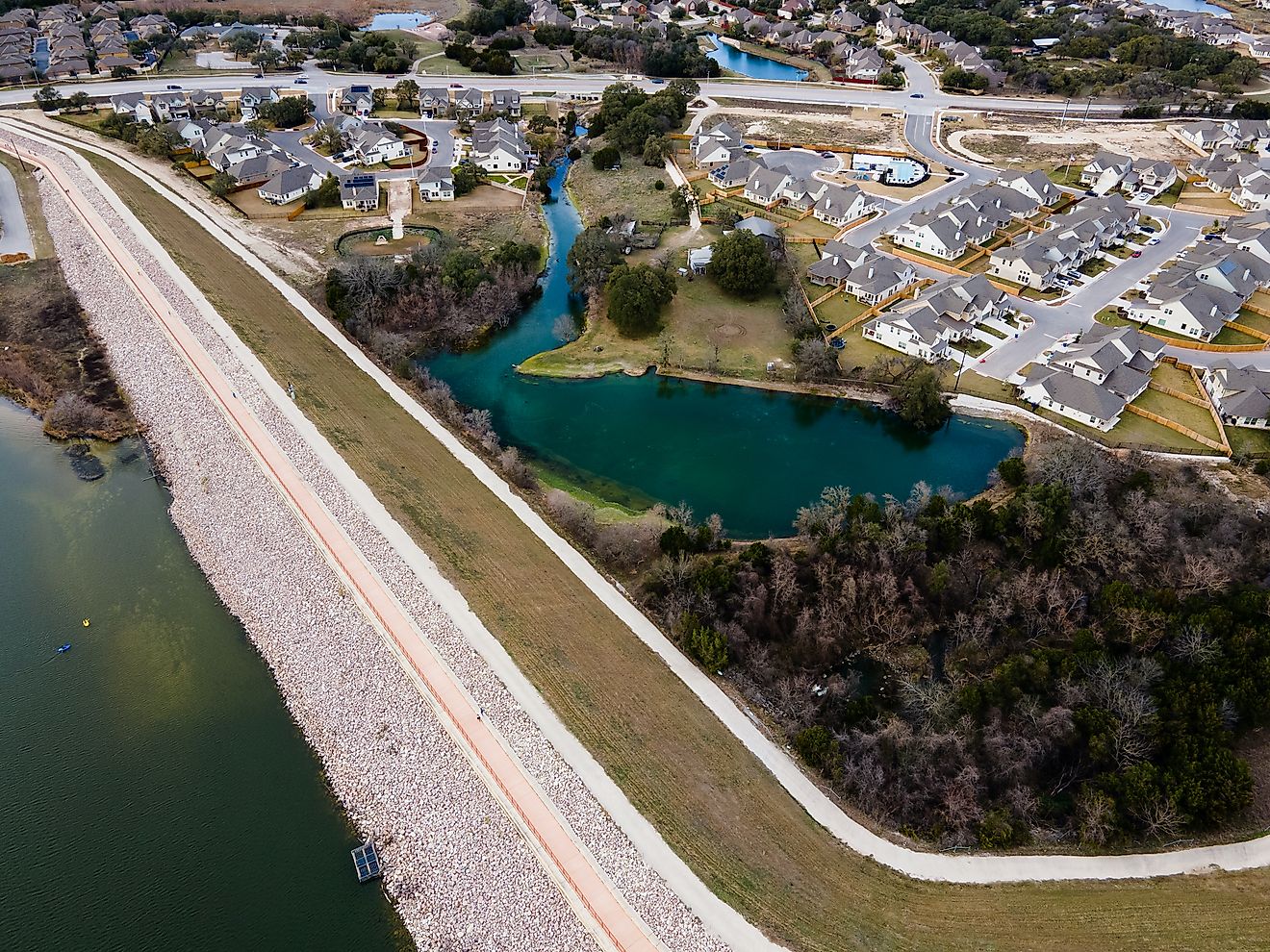Petroglyph National Monument - Unique Places in North America

Petroglyph National Monument is a protected area situated in Bernalillo County, New Mexico. The site is famed for being home to thousands of images that are believed to have been drawn by ancient Native Americans and early Spanish settlers hundreds of years ago. The site is under the management and protection of America’s National Parks Service, in collaboration with the City of Albuquerque.
About the Site
The Petroglyph National Monument covers an area of 7,532 acres and is home to numerous different volcanic features such as volcanic cones, basalt flows, cliffs, and dormant volcanic fissure. The volcanic features are believed to have been formed after the area experienced intense volcanic eruptions some 200,000 years ago. The features that make the site so important are the thousands of petroglyphs scattered around the site. There are more than 24,000 images on the Petroglyph National Monument, more than in any other similar site in the United States. These images bear the likeliness of animals, plants, celestial objects, people, and random shapes. The presence of basalt rocks, with their distinctive grey color, made it possible for the ancient cultures to make the inscriptions.
Tourism
The petroglyphs found in the Petroglyph National Monument are of great tourist interest and attract more than 124,000 tourists to the site each year. The National Parks Service has also made it possible for tourists to enjoy the scenic views in the site by establishing well-paved hiking trails. These trails include the 2.2-mile Rinconada Canyon trail, the 1.5-mile Piedras Marcadas Canyon trail, and the Boca Negra Canyon trail. A visitors’ center is also present in the site where the trails are outlined for tourists.
Uniqueness
The Petroglyph National Monument is among the largest of its kind in North America having no other petroglyph site in the United States having more ancient images. The petroglyphs seen on the site offer a glimpse into the cultural history of ancient Native Americans and early Spanish settlers who are thought to have resided in the region at least seven centuries ago. Many of the images were of great spiritual importance to Native Americans and their descendants. The petroglyphs have in recent years been the basis of numerous controversial theories, with some people claiming that the images are of extra-terrestrial origin, and are coded message from extra-terrestrial life.
Habitat
The volcanic activity experienced in the area thousands of years ago deposited layers upon layers of basalt rock that characterizes the Petroglyph National Monument. Petroglyph National Monument is home to few animals species but is abundant in different shrub species. The harsh climatic condition experienced in the area hinders the growth of trees.
Threats
Before the site was designated as a national monument, it sat on private land, and there had been Buddhist structures including a stupa built on the site in 1989. However, upon being recognized as a national monument, all the structures were demolished except for the Buddhist stupa, which still stands on the site. The Petroglyph National Monument experienced its most recent significant threat when the city of Albuquerque decided to construct a four-lane highway running through the site. Despite the incessant criticism and lobbying from numerous organizations against the move, the city proceeded to construct the highway. Boulders that bear petroglyphs had to be relocated during the construction of the highway, and some are thought to have been damaged during the relocation.
